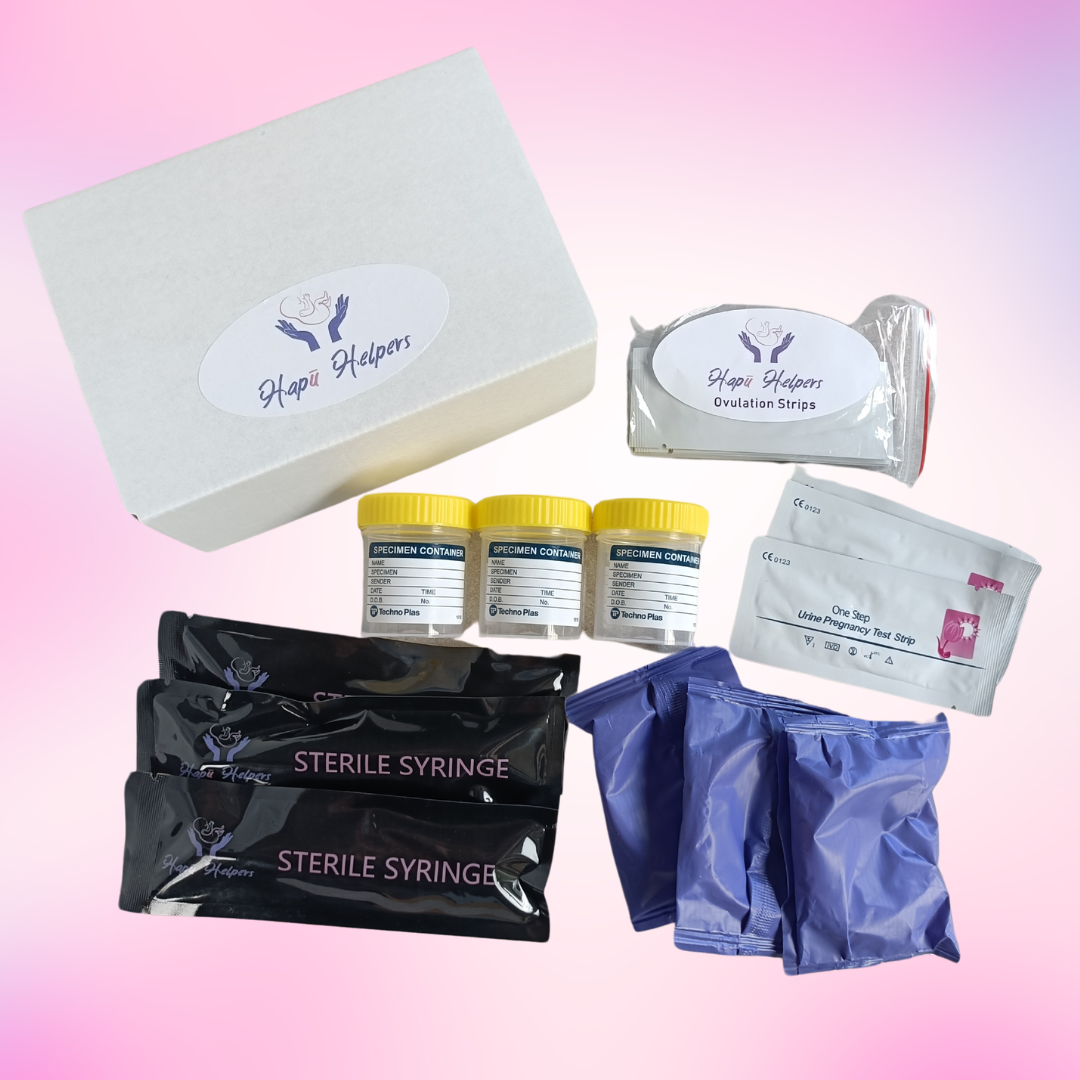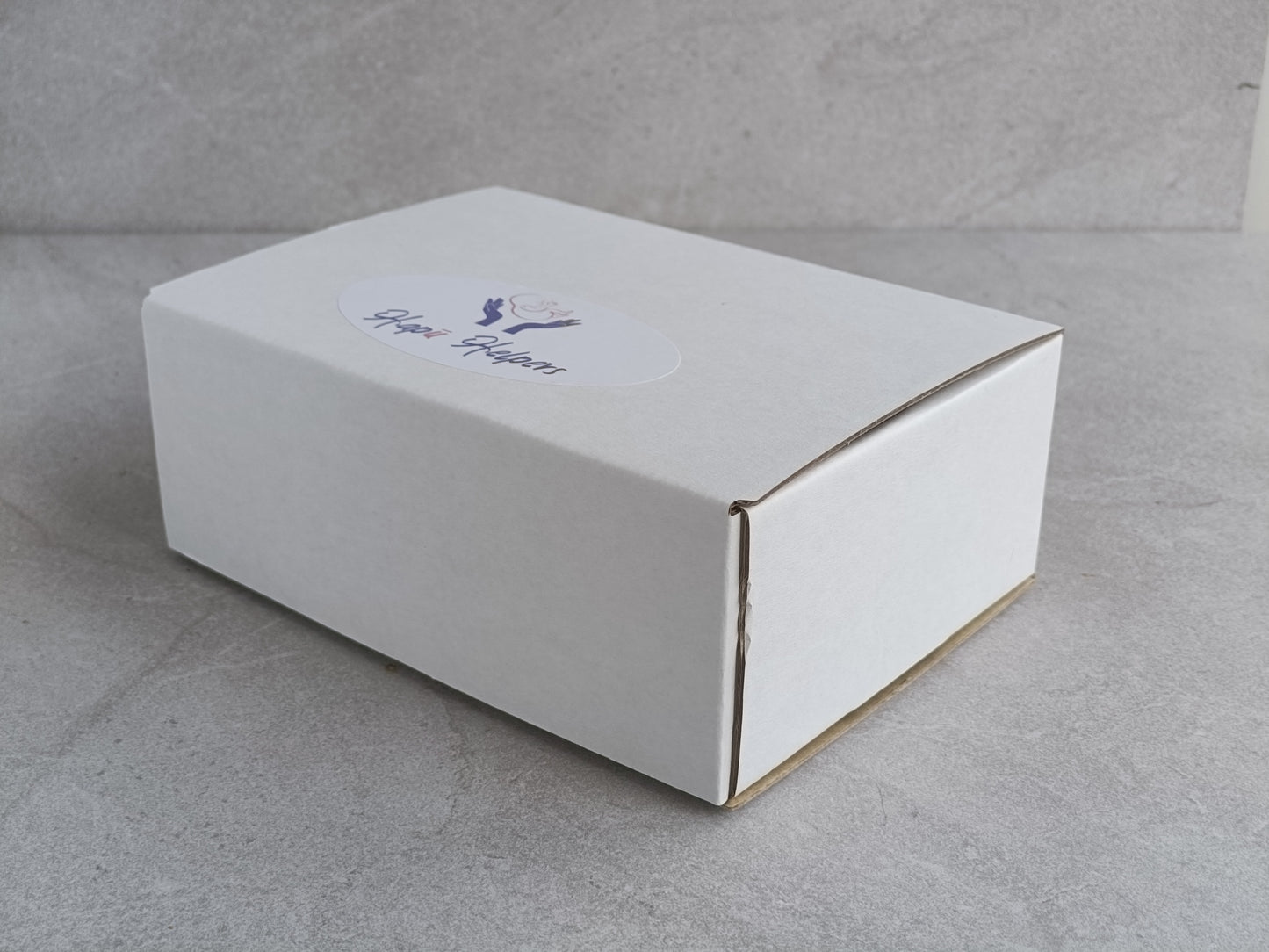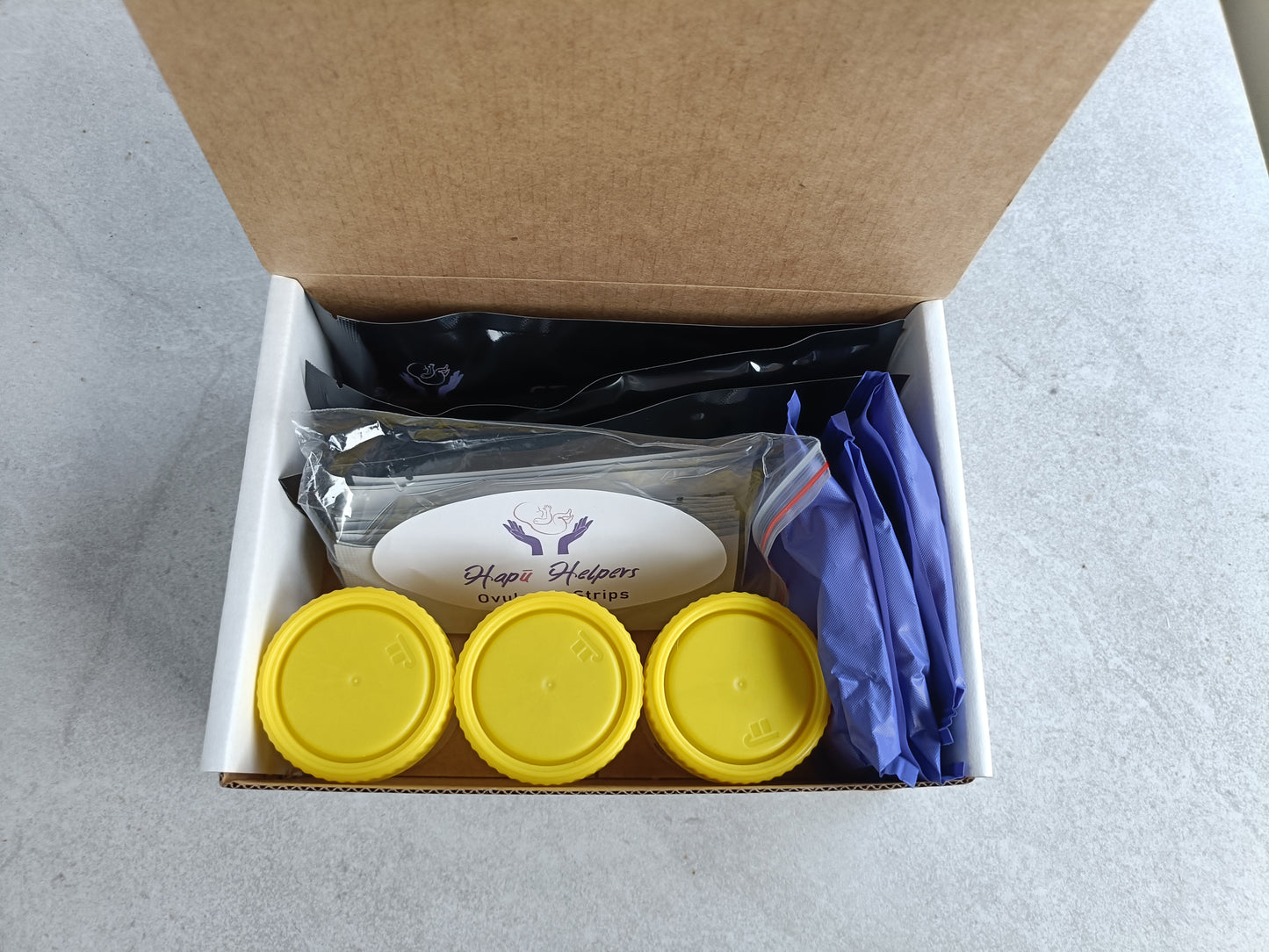October 11, 2022 | At Home Insemiantion
Why Choose At-Home Insemination

What is At-Home Insemination ?
Artificial insemination (AI) is when sperm is put into a person’s body without intercourse; it is done in a clinic or at home. When done at home, we refer to it as At-home insemination. With an increasing rate of infertility and the changes in family dynamics, at-home insemination has become a viable and accessible option for individuals or couples looking to expand their families. It offers a more private and cost-effective way to navigate the path to parenthood, all while retaining control and comfort in the process.
Why choose at-home insemination?
With an increasing rate of infertility and the changes in family dynamics, It’s become common these days for people to turn to AI; same-sex couples, single women, and hetero couples will use AI if they struggle naturally. As a result, at-home insemination has become a popular choice, and below is a list of reasons why.
* Please note that clinics are still very important for those who struggle with infertility due to medical problems. Also, for those that do not have success with trying at home for a while, whether by AI or NI.*
Sperm donor shortage
There is a shortage of sperm donors in New Zealand and due to this, the waiting list is now 26 months and is continuously rising. Unless, of course, you have your own donor, then there is no waitlist. However, it will take 6 months of testing the sperm and undergoing counselling before he can donate. When we tried to join the list, it was sitting at 22 months, so in 1.5 years, it has increased by 4 months. Due to this, we are seeing a rise in people looking at alternative methods, as many are not in a position to wait that long to get a donor.
Fertility clinic costs
Another thing that put us off the fertility clinic was the high costs. IVF costs about $10 000 all up per cycle, whereas IUI is $1800 a cycle. So to the average family affording is impossible. See costs and breakdowns here: Fertility Associates and Repromed. It is illegal in NZ to pay a donor for sperm, so this makes at-home insemination a cheaper and easier option.
What about public funding?
Public funding is available, but here are the “terms and conditions” You can apply for public funding if you have been trying to conceive for at least a year; however you still face the issue of long waiting lists. Take note how they both fail to mention that for a same-sex couple to qualify, they have to have tried at home AI and then done 6 privately funded AI through the clinic (at $1800 each and that excludes the required tests, counselling and initial fees). This information is only disclosed if you push for an answer over the phone or during your consult.
Repromed requirements (copied from Repromed NZ website)
- Has been unsuccessful with pregnancy after 12 months of intercourse
- The woman must be under 40 years old at the date of referral. Her BMI must be less than 35 on the first specialist appointment date and 32 or under on the treatment start date
- The man must be under 55 years old at the date of referral. His BMI must be less than 40 on both the first specialist appointment date and the treatment start date
- Cannot have two or more children (of any age, including adopted or from a previous relationship if living at home at least half the time)
- Both parties need to be NZ citizens or NZ residents or have a valid work visa for over two years
- Both parties need to be NZ citizens or NZ residents or have a valid work visa for over two years
Fertility Associates requirements (copied from Repromed NZ website)
Fertility associates provide a more long-winded run down, which you can view here. It’s the above, but they include scenarios as per below
- Scenario 1. Female/Male couple:
- Severe infertility
- No children
- No children
- Scenario 2. Female/Male couple:
- Unexplained infertility
- Who have been trying for 5 years
- Scenario 3. Female/Female couple:
- Where the woman wanting to become pregnant has a biological cause of infertility
- And has been trying for at least a year
- Scenario 4. Single woman:
- Scenario 4. Single woman:
- Has not become pregnant after 12 cycles of privately-funded donor insemination/li>
LGBTQ+ discrimination
Through this journey, I have seen a lot of people with genders outside of the typical “male” and “female” and same-sex couples feel more comfortable doing it at home with their donor rather than going through a clinic and dealing with judgement and questioning. I think that clinics are behind in catering for the LGBTQ+ community. Both Fertility associates and Repromed claim to be LGBTQ+ friendly; however, there is still a sense of discrimination. To get public funding for IVF, you need to have tried with a donor privately for 6 months and then had 6 Private funded AI with the clinics. Straight couples have to be trying “naturally” at home for 1 year.
If you feel like you don't know where to start, talking with a TTC consultant can help! Book a FREE 15 minute virtual consult today!
Vorgestelltes Produkt

Hapū Helpers
Das Dinky – Besamungsset







